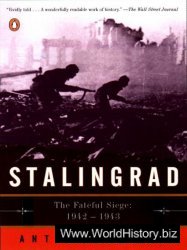Pope (1464-1471), original name Pietro Barbo.
A Venetian by birth, Paul II was elected pope in 1464, in the immediate aftermath of the failed attempt of his predecessor, Pius II, to organize an expedition to recapture Constantinople (mod. Istanbul, Turkey) from the Ottoman Turks. Consequently, he took a much more cautious line toward the preaching of a crusade and was sometimes reluctant to expend money on crusading projects. Paul established a special commission for the crusade at the beginning of his pontificate and set aside the revenues of the newly discovered alum mines at Tolfa in the Papal States for this purpose. Yet when Skanderbeg, the leader of Albanian resistance to Turkish expansion, visited Rome, the pope responded unenthusiastically to his requests for financial support.
Paul could not ignore the Ottoman threat altogether, especially when, in 1470, the Turks captured the Venetian-held Aegean island of Negroponte (Euboia). In response, Paul entered into a league with Venice, the king of Aragon, the king of Naples, and the Hospitallers of Rhodes, and the combined fleet took offensive action against the coast of Asia Minor during the reign of Paul’s successor, Sixtus IV. Paul was also responsible for ordering the preaching of a crusade throughout Germany and Silesia against George of Podebrad, the Hussite (Utraquist) king of Bohemia, in 1466. The call was taken up by the king of Hungary, Matthias Corv-inus, but the ensuing campaign failed to eradicate Hussitism.
-Jonathan Harris
Bibliography
Housley, Norman, The Later Crusades from Lyons to Alcazar, 1274-1580 (Oxford: Oxford University Press, 1992).
Setton, Kenneth M., The Papacy and the Levant (1204-1571),
4 vols. (Philadelphia: American Philosophical Society, 1976-1984).




 World History
World History









